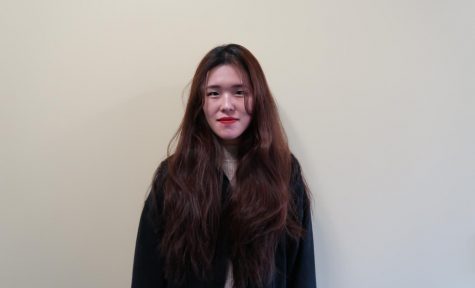56 kids learn about metal elements
October 30, 2019
The Chemistry Department hosted their fourth annual Chemistry Camp on Saturday.
According to chemistry professor and founder of the event, Marsha Grimminger, the event is designed for students from kindergarten to sixth grade.
The purpose of the event, according to Grimminger, is to promote a national week to celebrate chemistry with experiments and demonstrations.
Grimminger said she started Chemistry Camp in 2016 when she became the faculty advisor for the Chemical Society Club, which is affiliated to the American Chemical Society.
“I got inspiration from my time as an undergraduate at Juniata College, where we had an excellent outreach program through Science in Motion (a mobile science teaching resource for local schools).
“(The theme in 2016) was forensics. The program grew to 30 students i(from kindergarten to sixth grade) in 2017, when the theme was chemistry in geology. Last year, we had over 60 students and the theme was chemistry in space.
“This year, I have 56 students signed up for the theme of metals. This year is also the international year of the periodic table, since it is the 150th anniversary of the formation of the modern periodic table of the elements so we will be celebrating two themes,” she said.
Grimminger said that the goal of the event is to increase outreach opportunities for chemistry students on campus and elementary students at area schools.
“(We wish to) increase interest in science and science employment in the community, especially with female students, and promote Pitt-Johnstown as a fun place to learn.”
She said the 56 students attending this year’s Chemistry Camp come from Richland, Windber and Ferndale.
Grimminger said that there were also Pitt-Johnstown faculty, and students presenting at the event.
Since the theme of the event this year is about metals, Grimminger said they will a demonstration that features metals in their natural and ionic form, which will then break into three experiments.
“They will learn about marvelous metals like gallium, which melts in your hand, and nitinol, (which is) memory wire, that can change its shape at different temperatures.
“They will also experiment with homemade blueprint paper which they get to take (home) with them.
“In the second rotation, they will learn about magnets and make magnetic slime to take home.
“In the third rotation, they will learn what metal ions are in our food (like iron and calcium), color a periodic table, and play food ion bingo to win a slime kit.”

